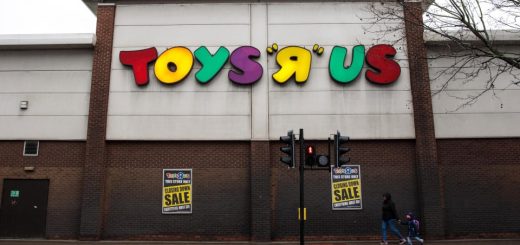Survey shows that small business optimism improves
A small business trade group reports slightly improving sentiment among this sector of the economy. The National Federation of Independent Business Index rose to 95.8 in February, a slight bump from January but still below the 47-year average reading of 98. The NFIB Uncertainty Index decreased five points to 75.
“Small business owners worked hard in February to overcome unexpected weather conditions along with the ongoing COVID-19 pandemic,” said NFIB Chief Economist Bill Dunkelberg. “Capital spending has been strong, but not on Main Street. The economic recovery remains uneven for small businesses, especially those still managing state and local regulations and restrictions. Congress and the Biden administration must keep small businesses a priority as they plan future policy legislation.”
The February survey indicated five of 10 components pertaining to business operations improved, four declined and one was unchanged.

A continuing problem among small business owners is being unable to fill open positions. This metric rose to 40% in February, up seven points from January. Overall, business owners expecting better business conditions over the next six months remains low at 19%. Earnings among this sector remains challenging with just 11% reporting higher results compared to the prior-month survey.
The trade group said 57% of small business employers reported capital outlays in the past six months, up slightly from the January report. Of those making expenditures, 40% reported spending on new equipment, 28% acquired vehicles, and 12% improved or expanded facilities. Four percent of owners acquired new buildings or land for expansion and 10% spent money for new fixtures and furniture. About one-quarter of owners said they plan capital outlays in the next few months. That said, reports of actual spending and spending plans are historically low.
The sector reports lackluster growth in sales over the past three months. Those expecting higher real sales volumes remains low at just 8% in February. Among the business owners reporting lower profits, 46% blamed weaker sales, 21% cited seasonal changes, 8% cited labor costs and 5% said higher material costs. For those reporting higher profits, 65% credited higher sales volumes, 17% cited usual seasonal change and 7% said they raised prices.
The biggest concerns among small business owners include rising labor costs, workforce quality, taxes and regulatory costs, according to the February survey. Only 2% of owners reported that all of their borrowing needs were not satisfied, 28% said all credit needs were met and 58% said they were not interested in a loan. A net 1% reported that their last loan was harder to get than in previous attempts.



